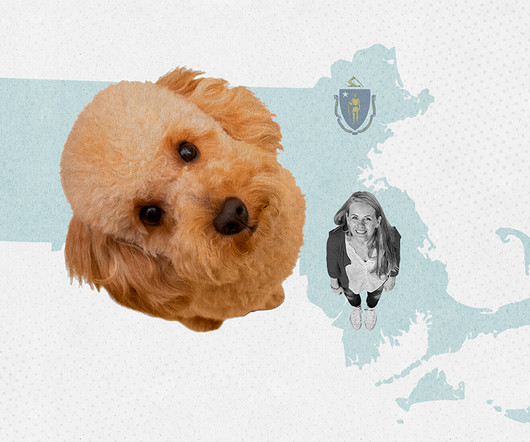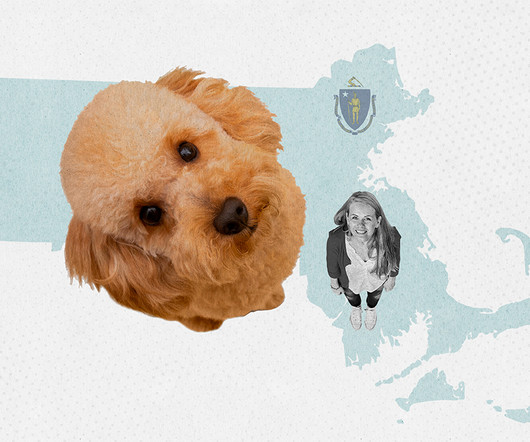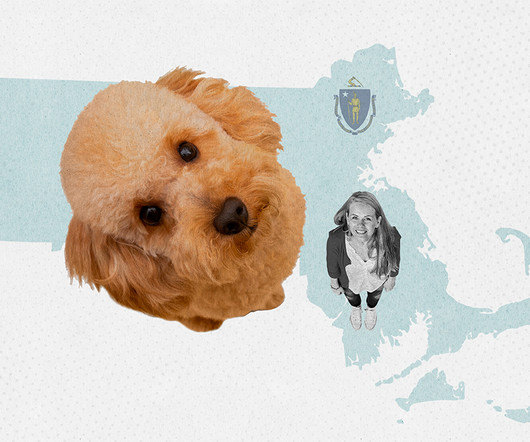DHSC rejects experts’ plan to curb ‘inhumane’ solitary confinement of disabled people in hospital
Community Care
NOVEMBER 15, 2023
The government has rejected an expert panel’s proposal to “severely curtail” the “inhumane” solitary confinement of people with learning disabilities and autistic people in mental health hospitals.















Let's personalize your content